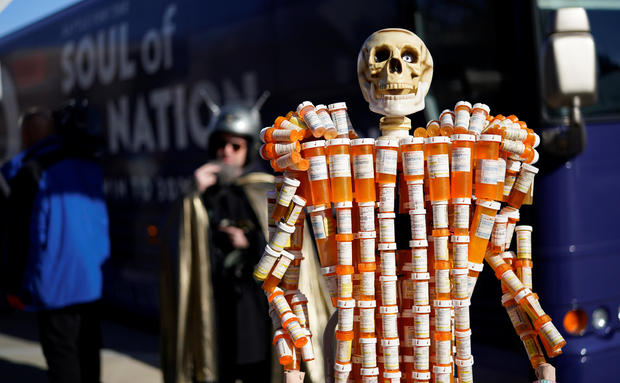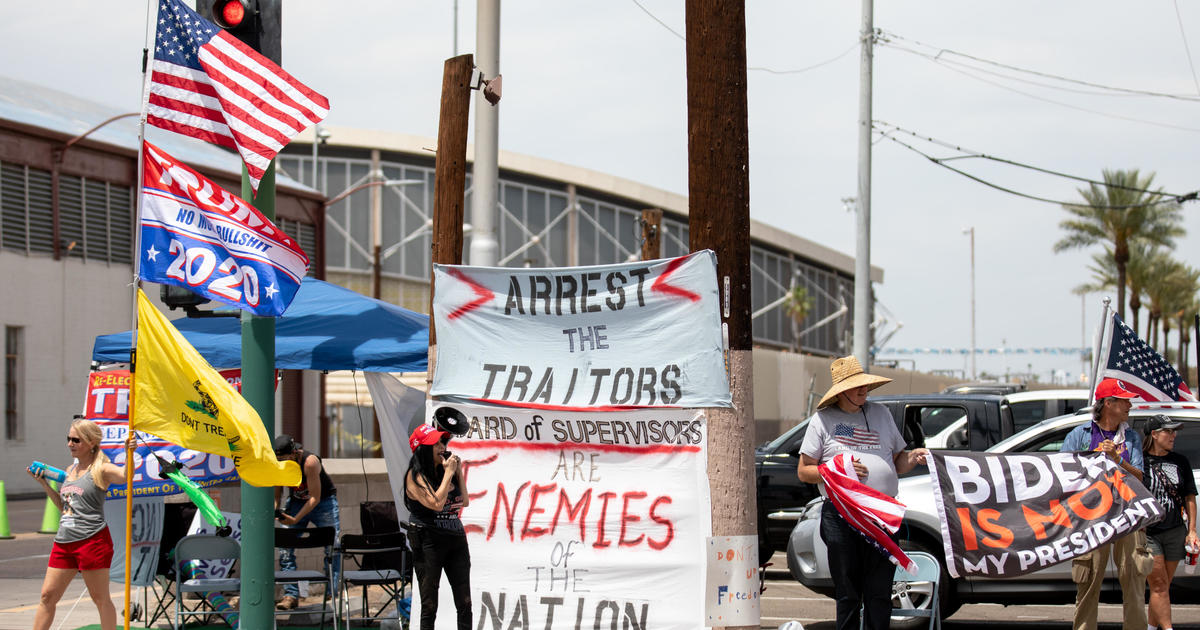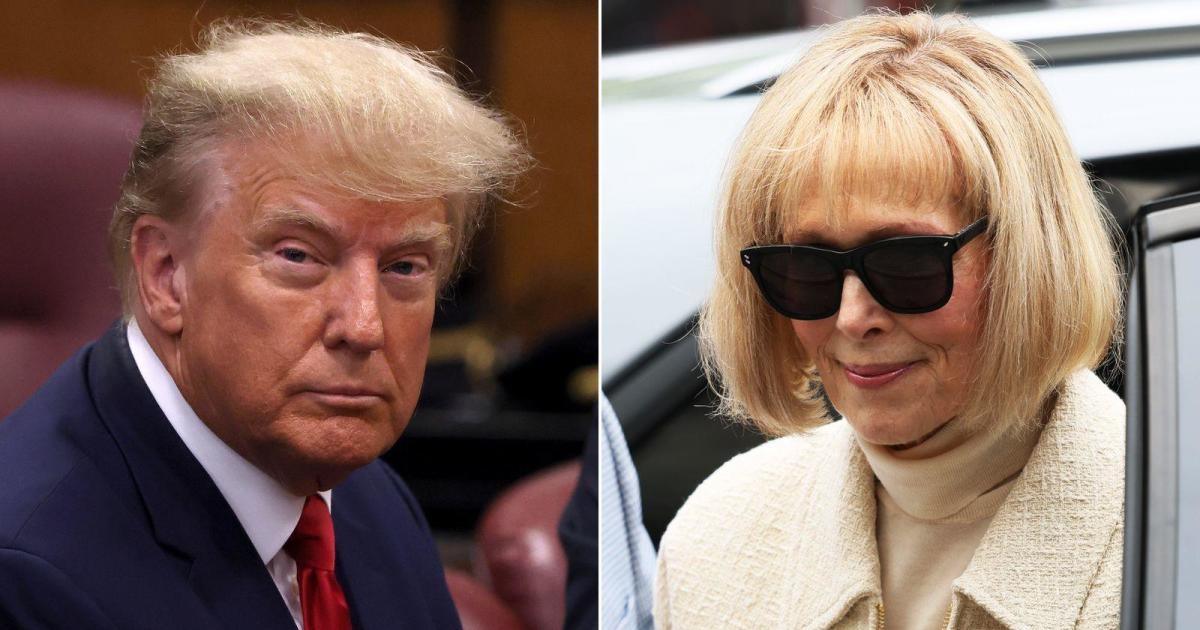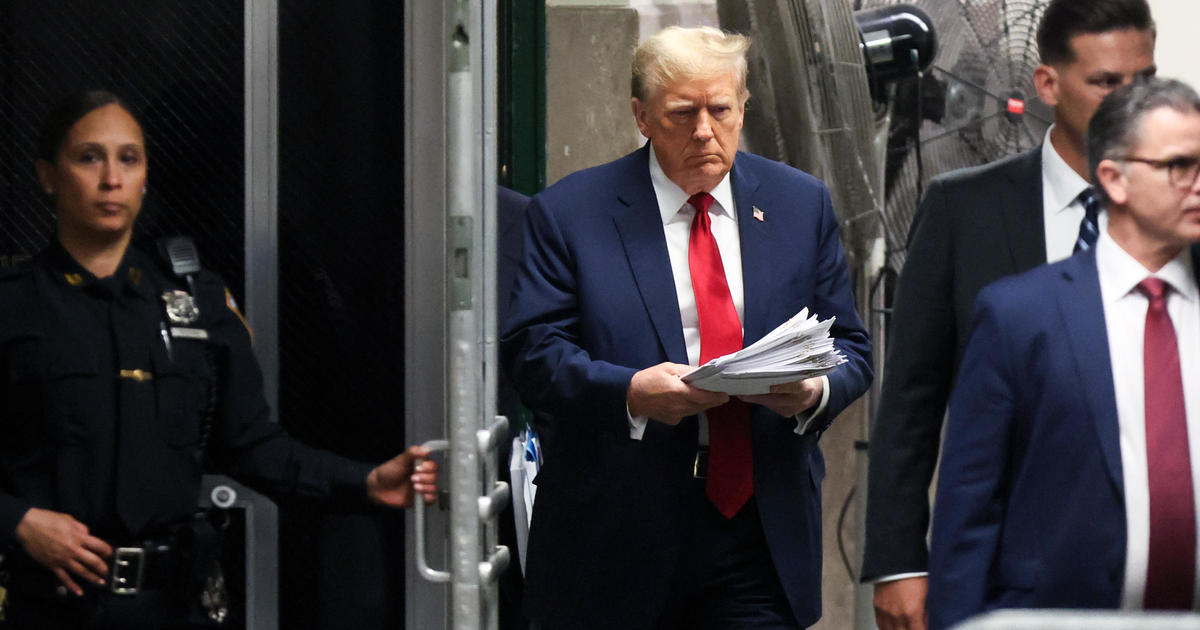Four years later, New Hampshire's opioid epidemic still rages on
When Donald Trump won the New Hampshire primary in 2016, he reportedly credited the opioid epidemic, calling the state a "drug infested den." He effectively tied widespread opioid addiction to his signature campaign theme — the border wall he wanted to build across the U.S. southern border with Mexico — saying that the drugs were coming up through Mexico.
Presidential candidates or opioid deaths were the main recurring topics in New Hampshire news that year, when 20 people were listed on the major-party primary ballots, and 437 people died of opioid overdoses. Despite the attention, the number rose in 2017. And now, it still ranks among the top five states for opioid- and drug-related deaths.
Now, in 2020, White House hopefuls are accustomed to including, along with traditional retail stops, visits to rehab centers, where they unveil expensive plans to curb opioid abuse.
Opioids' effects can be seen all over New Hampshire. The Red Arrow Diner — a famous local stop for candidates passing through Manchester — now sits between two recovery centers, just down the road from a mental health hospital.
"If you went back eight years and told me that one of the leading issues in a presidential campaign would be drugs, I would have said, 'you've got to be kidding,'" Peter Evers, CEO of Riverbend Community Health in Concord, New Hampshire told CBS News. "But here we are."
"All of that political will came from a very dark place, where life expectancy went down for the first time in 75 years," Evers added. "And the main reason for that was many of our citizens were dying of overdoses."
Last year a study on mortality rates in the U.S. found New Hampshire had the largest increase in the rate of deaths of people between 25 and 64. The report, published in the Journal of the American Medical Association, showed the rate of deaths among young and middle aged people in New Hampshire increased by 23% between 2010 and 2017.
Nearly every Democratic candidate supports holding drug companies accountable in court for their role in jumpstarting America's addiction crisis. Elizabeth Warren's $100 billion proposal — a beefed-up version of the CARE Act — calls out the Sacklers by name, promising to pursue criminal charges against the family behind Oxycontin maker Purdue Pharma LP. For Warren, it's a campaign line that receives cheers here.
Bernie Sanders, a cosponsor of Warren's bill, has also introduced legislation in the Senate promising to hold big Pharma accountable.
And, inspired by her father's struggle with alcoholism, Amy Klobuchar has proposed a $100 billion dollar policy tackling addiction, paid for in part by a 2-cent fee on manufacturers or importers, for each milligram of active opioid ingredient in prescription pain pills.
Only Andrew Yang and Pete Buttigieg have defended decriminalizing small amounts of opioids. "If we catch you struggling with drugs, we are going to refer you to counseling and treatment and not to a prison cell," Yang said Wednesday during a CNN Town Hall. The entrepreneur reiterated his call to remove the federal threat of jail time for those in possession of opioids. "This what we should do in the United States of America," Yang continued. "I think Bernie is wrong on this."
Candidates are also divided on the issue of what are known as harm reduction programs. Europe, Australia and Canada have been exploring the idea of supervised injection sites — where individuals with opioid use disorder may use drugs under medical supervision in order to prevent fatal overdoses. Their findings hold promise. Yet critics warn studies are still incomplete, and point to more proven solutions like medication-assisted treatment, such as methadone and buprenorphine.
Sanders and Warren support the legalization of such opioid "safe houses." And Yang and Buttigieg have also voiced support for the idea. "I think states should be allowed to open safe injection sites," Buttigieg told CBS News. He later added, "I don't think the federal government should be restricting a state's ability to move in this direction."
But last year, the Justice Department sued a non-profit in Philadelphia that planned to open the first supervised injection site in the U.S. Citing the Controlled Substances Act, the goverment argued the so-called "Crack House Statute" declares it illegal to operate a facility where people use controlled substances, including opioids.
Vice President Joe Biden was one of the co-sponsors of that 1986 statute. And while the Biden campaign supports expanding access to needle exchange programs, he does not support supervised injection sites.
New Hampshire has been slow to open safe needle exchanges since they were legalized in 2017. "I'm not sure the United States is ready for that," New Hampshire State Senator and physician Tom Sherman told CBS News, but conceded such programs, "give you another opportunity to work with them on treatment and recovery. Rather than having someone in their bathroom at home or reusing needles in an unsafe environment with children around. If they overdose, they might die."
There have been fewer deaths from opioid abuse in New Hampshire, but not because addiction is waning. "Deaths have gone down in part because we're better at treating the actual overdose," Sherman said.
Despite its pervasiveness, the opioid epidemic and its many victims have garnered little attention on the Democratic debate stage. That could change tonight, as the candidates take the debate stage in Manchester.




